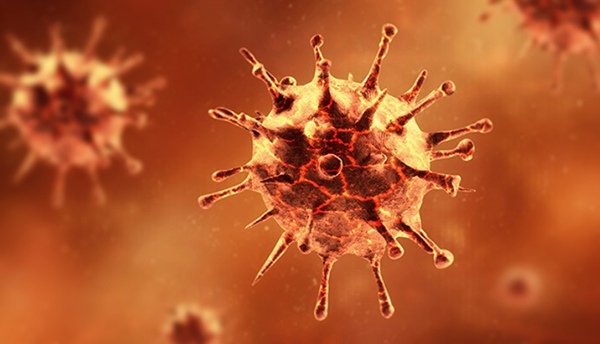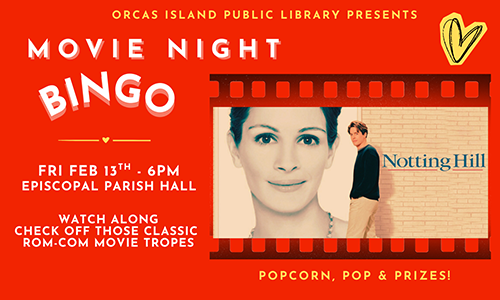||| FROM BRENDAN COWAN, DEPARTMENT OF MANAGEMENT |||
Everything about the COVID crisis has been uncertain and ever-changing.
Partly as a result of that, we’re all left scratching our heads wondering why some things are allowed and others prohibited. It is difficult to know what is safe vs. high risk, and many of us feel like the regulations and guidelines have lost touch with the reality of our collective needs and behavior.
Government, like all of us, is struggling to walk that fine line between minimizing risk yet allowing society to continue in ways essential for our sanity and economic survival.
All of which is to say, don’t expect the messaging below on holiday travel to be absolute or distilled down to a handful of clear guidelines that everyone will follow. Like everything these days, it is complicated.
We’ll start with the most important thing: when it comes to keeping the holidays safe, we all know what it takes: getting your flu shot, staying home with our household family, not traveling off island, not gathering indoors with others, covering our faces, and not having friends or family visit from off-island.
That is without a doubt the best way to keep you, your family, and the islands safe. Do it. It is also true that many islanders are not going to do it. The rest of this article is for that group. This advice is not the best advice, not the safest advice, and it isn’t even the official advice. That would be the advice above in bold. But this may be the most realistic and useful advice for some islanders.
Some best practices:
- Get a flu shot. Seriously.
- NO ONE should travel or host if they are experiencing COVID symptoms or have been close to someone who has COVID. Exposing others while symptomatic is one thing that is easy to avoid and extremely disrespectful to do. If you are having visitors, ask them directly to confirm that they’re symptom free before they travel.
- Limit the size of gatherings. This is not the year for pulling together 14 family members from 6 different households across two states. That is a BAD idea. Keep gatherings small.
- Do it outside. Yes, it is obviously going to be cold and rainy and this won’t work for many, but canopy tents, heaters (used safely), firepits, and picnic shelters are GOOD ideas. There are ways for hardy and resourceful islanders to gather outside. It is impossible to overstate how much safer being outdoors is. Still cover your face and stay six feet apart.
- Don’t cook inside with a group. Sharing tight kitchen space, rubbing shoulders, sharing hand towels, etc. is a BAD idea. Like really, really BAD.
- Have any visitors stay in a hotel and not in your house. This is a really GOOD idea.
- People might want to consider getting tested before traveling, or leaving early, testing on arrival, and then quarantining until results are in. This won’t work for many due to cost or availability and this is NOT a fool proof approach. Timing of disease onset and test results might not line up. But it can be another tool to help protect yourself and the community from the risk of your decisions. Some medical providers may offer this, or there are at-home testing options available that can be utilized for this sort of thing.
- Don’t travel in ways that are going to expose you or others, and be especially wary of guests who fly or take other public transport to visit you. Driving is best, so long as the only other people in your car are people you live with. Driving with people outside of your household is a BAD idea.
- If at any point you or someone you are with starts to experience symptoms, contact a healthcare provider immediately and discuss getting tested. Do not expose yourself to others until those test results get back and are confirmed negative.
- Take special care to protect those who are high risk. We all have a desire to keep close to our family, but visiting in small, safe, and well controlled ways is far better than having three generations of the entire family together all at once.
- If you have college students coming home to visit, please do all you can to have them be thoughtful about how they socialize. It is almost certain that we will see cases in the islands resulting from young adults returning home.
- If you do choose to interact closely with others, quarantine when you return home or your guests leave. Take a week and stop contact with other friends, family, co-workers, and the community at large. This includes children. When possible, employers and co-workers can help make this happen by insisting that those who have traveled or hosted off island visitors be respectful and stay home to minimize the risk.
We live in a time where nothing is truly risk free, but rather than operating with an approach of either follow the rules, or don’t follow the rules- instead recognize that there is a spectrum of behavior, and even if you are going to increase your risk, you do not need to throw caution totally to the wind.
Thank you, islanders. We’re all fed up with this, but cases are increasing everywhere. Let’s do all we can to keep the islands’ good track record going strong.
**If you are reading theOrcasonian for free, thank your fellow islanders. If you would like to support theOrcasonian CLICK HERE to set your modestly-priced, voluntary subscription. Otherwise, no worries; we’re happy to share with you.**







